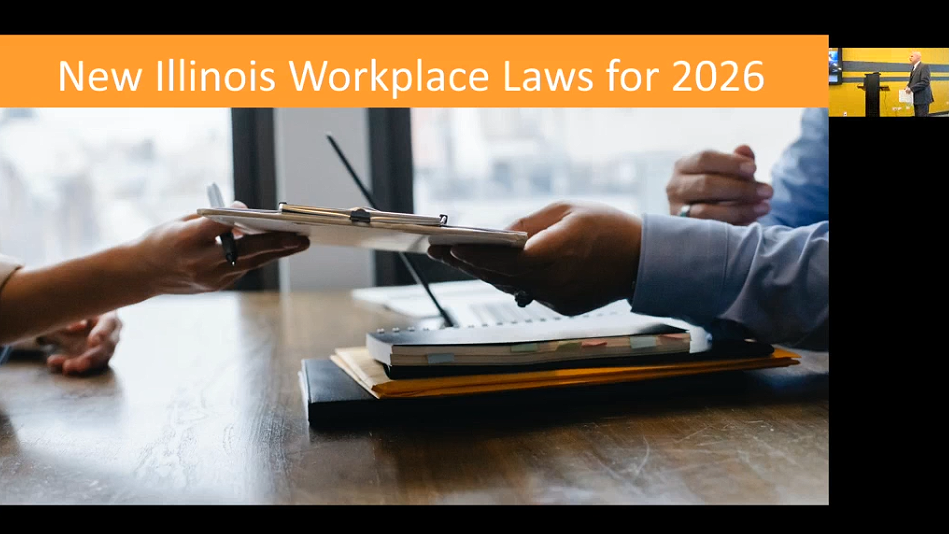Banking and Business Monthly – March 2024
The CFPB’s New Rule Regulating Credit Card Late Fees

The Consumer Financial Protection Bureau (“CFPB”) announced a regulatory amendment on March 5, 2024, targeting credit card late fees, a significant move poised to alter the financial landscape for both consumers and credit card issuers. Under this new rule, the maximum allowable late fee chargeable by large credit card issuers is significantly reduced to $8. This decision follows a proposal released in March 2023 and will take effect 60 days after publication in the Federal Register.
Who Does this Rule Apply to?
The rule differentiates between credit card issuers based on the size of their account holdings, specifically targeting large issuers while providing exemptions for smaller issuers. Entities with one million or more open accounts are the primary subjects of the new regulations. The CFFB estimates this group includes the largest 30 to 35 credit card issuers, which accounts for more than 95% of the credit card market’s total outstanding balances.
In contrast, issuers with fewer than one million open accounts are not subject to the $8 cap. The CFPB has indicated that applying the rule to these smaller entities would impose a disproportionate compliance burden. Smaller card issuers may still charge a higher safe harbor threshold for credit card late fees and automatically increase the safe harbor dollar amount based on the Consumer Price Index.
Key Provisions & Requirements
Reduction of Safe Harbor Late Fees: The rule substantially reduces the safe harbor late fee from the existing amounts of up to $30 for the first violation and $41 for subsequent violations within six billing cycles. The new amount is $8 for late payments, applicable to all subsequent late payment violations occurring within six months of the initial violation.
Requirement for Cost Analysis: For larger card issuers wishing to charge late fees above the $8 threshold, the rule mandates a rigorous cost analysis to demonstrate that such fees are necessary to cover the actual costs incurred from late payments. The rule clarifies that costs related to post-charge-off collections cannot be included in this analysis.
Inflation Adjustment Limitations: The rule modifies the approach to annual inflation adjustments for late fee safe harbor amounts. Unlike previous practices that allowed for automatic annual adjustments based on inflation, the CFPB will now monitor the market and make adjustments to the safe harbor amount as deemed necessary.
Rate and Fee Increases and Management Tools: The rule also acknowledges that issuers can deter late payments and manage associated risks through other means, such as increasing interest rates, raising annual and monthly fees, and adjusting credit lines. However, the rule stipulates that larger card issuers considering adjustments to their APRs must conduct a rate reevaluation under Section 1026.59 of Regulation Z.
Charges Up to Amount of Required Minimum Payment: The rule maintains the provision that allows card issuers to charge late fees up to the full amount of the required minimum payment due, provided such fees comply with the cost-analysis requirements established by Regulation Z.
Exclusion of Courtesy Period: The CFPB considered including a 15-day courtesy period requirement before a late fee could be assessed. However, the final rule did not implement any courtesy period for late fees. The CFPB indicated the potential benefits were outweighed by the burden it could cause regarding customer confusion.
What’s Next for Large Credit Card Issuers?
Policy Assessment and Adjustment: Large credit card issuers should conduct a thorough review of their current late fee policies to ensure alignment with the new rule, including evaluating whether to adopt the $8 safe harbor for late fees or undertake a detailed cost analysis.
Cost Analysis for Higher Fees: For issuers considering fees above the $8 limit, a comprehensive cost analysis becomes imperative. This analysis must demonstrate that the higher fees are necessary to cover the specific costs associated with the late payments, excluding post-charge-off collection costs.
Disclosure and Communication Updates: The new late fee provisions necessitate updates to a range of customer communications and disclosures. This includes changes to account-opening disclosures, periodic statements, and advertising materials to reflect the revised fee structure. Issuers will need to ensure that all relevant disclosures are clear, accurate, and in compliance with the requirements of Regulation Z.
The expertise and guidance of legal professionals can be useful in navigating the complexities of the CFPB's new rule on credit card late fees. For further inquiries or questions, please contact me at smigala@lavellelaw.com or at (847) 705-7555. Thanks go to Nathan Toy for his assistance with this month’s article.
More News & Resources
Lavelle Law News and Events












